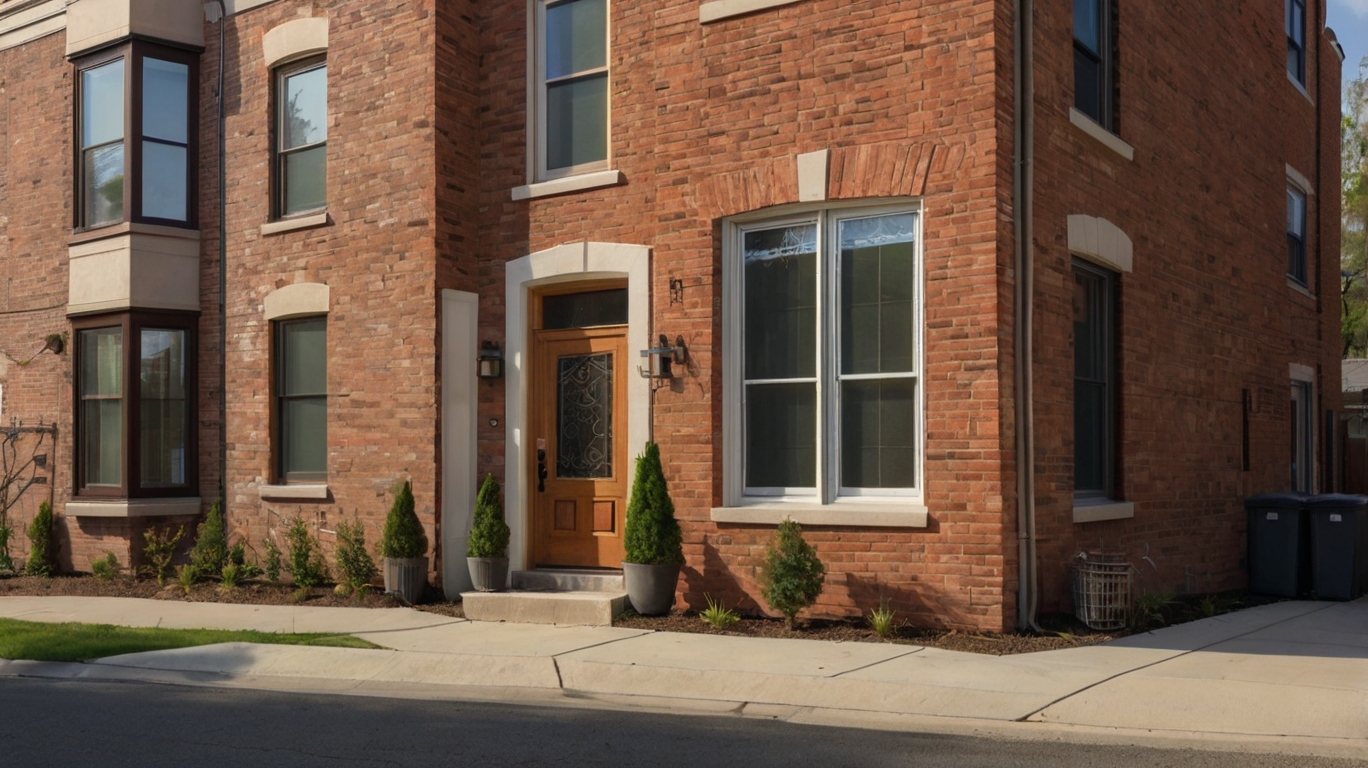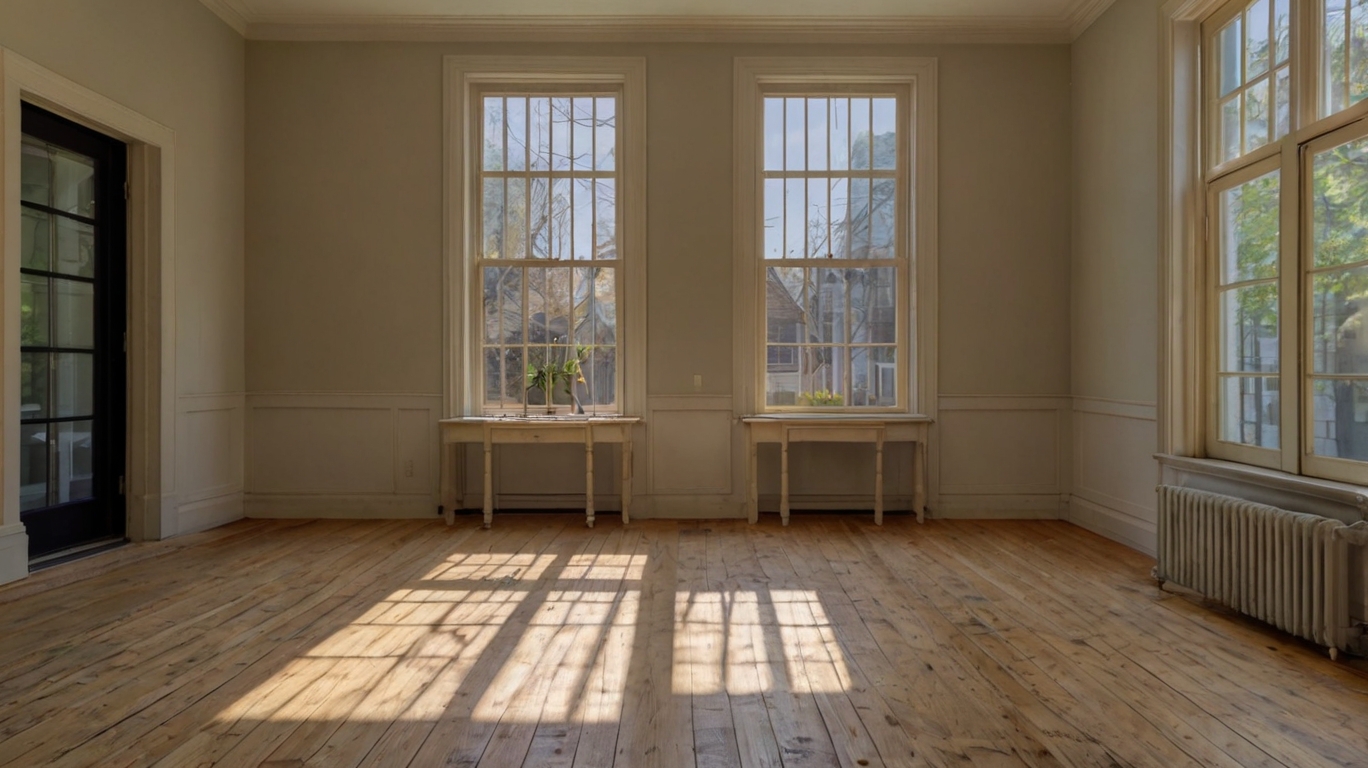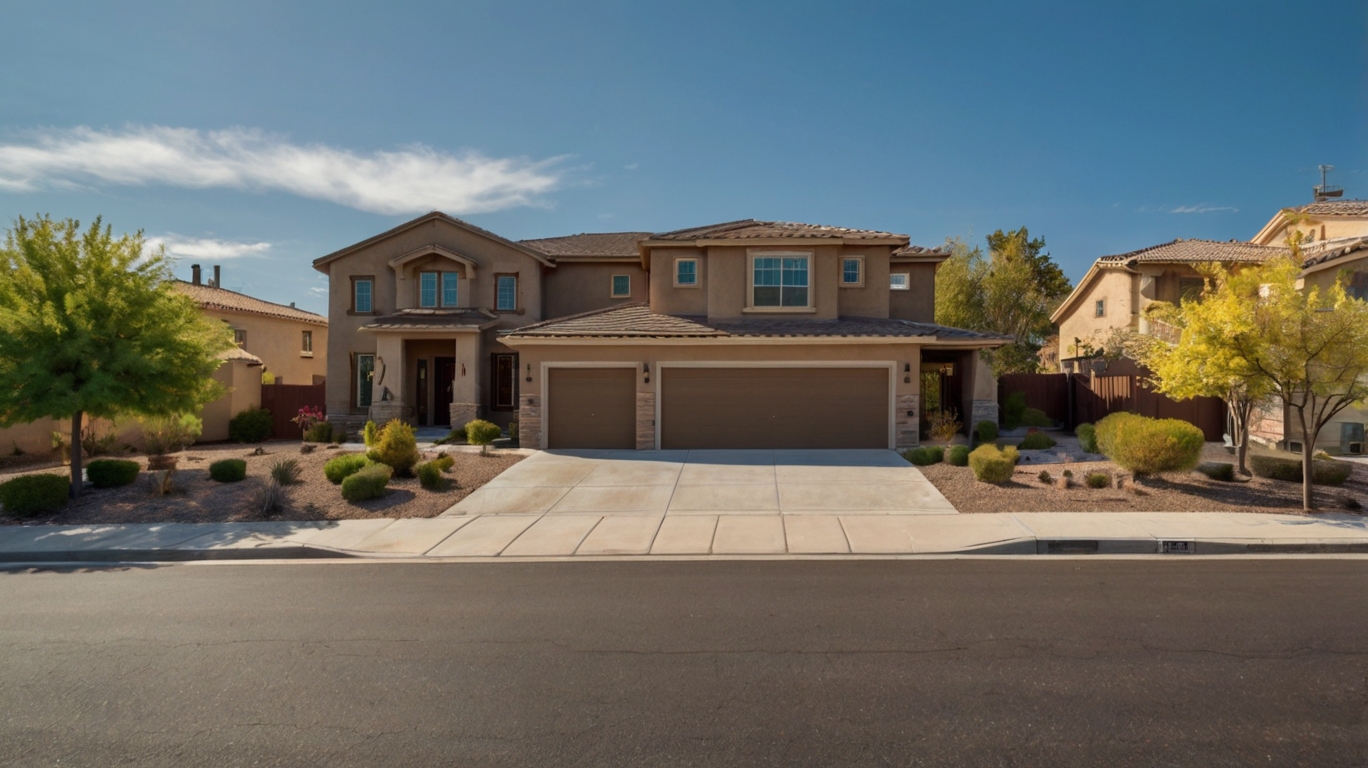Key Factors to Consider in 2025
1. Mortgage Rates & Affordability
In 2025, mortgage rates may remain elevated compared to the historic lows of 2020-2021. Even a small rate increase can significantly impact your monthly payment.
● Example: A $400,000 home at 6.5% interest vs. 3% interest:
○ 6.5% rate: ~$2,528/month (principal & interest)
○ 3% rate: ~$1,686/month
○ Difference: $842 more per month
Higher rates mean higher costs, making renting more attractive in some markets.
2. Home Prices: Are They Still Rising?
While some markets may stabilize, others could see continued price growth due to low inventory. However, buying at peak prices with high interest rates could mean slower equity growth.
● Renting Benefit: No risk of depreciation; flexibility to move if the market shifts.
● Buying Risk: If prices dip, you could owe more than the home’s value.
3. Hidden Costs of Homeownership
Realtors often gloss over the true cost of owning a home. Beyond the mortgage, consider:
● Property taxes (rising in many areas)
● Maintenance & repairs (1-3% of home value annually)
● HOA fees (if applicable)
● Insurance (higher than renter’s insurance)
Renting avoids these unpredictable expenses.
4. Opportunity Cost: What Else Could You Do With Your Money?
Buying a home ties up cash in a down payment and closing costs. In 2025, investing that money elsewhere (stocks, bonds, or even high-yield savings accounts) could yield better returns.
● Example: A
● 80,000downpaymentinvestedwitha∗∗7
● 80,000downpaymentinvestedwitha∗∗7157,000 in 10 years**.
● Home Equity Growth: Depends on market appreciation, which isn’t guaranteed.
5. Flexibility vs. Stability
● Renting: Ideal if you value job mobility, urban living, or avoiding long-term debt.
● Buying: Makes sense if you plan to stay 7+ years and want stability.
The Break-Even Point: When Does Buying Make Sense?
The breakeven point is when owning becomes cheaper than renting. In 2025, this may take longer due to high mortgage rates.
Formula to Estimate Breakeven:
Copy
Breakeven = (Total Cost of Buying - Total Cost of Renting) / (Monthly Rent - Monthly Mortgage + Ownership Costs)
Example Scenario (2025):
● Rent: $2,200/month
● Buy: $2,800/month (mortgage + taxes + insurance + maintenance)
● Down Payment & Closing Costs: $100,000
● Expected Annual Home Appreciation: 3%
In this case, buying may take 5-7 years to break even—longer if home prices stagnate.
Rent vs. Buy Calculator: 2025 Edition
Use this simplified approach to decide:
|
Factor |
Renting |
Buying |
|
Monthly Cost |
Fixed rent |
Mortgage + taxes + maintenance |
|
Upfront Cost |
Security deposit (~1 month rent) |
Down payment + closing costs (~5-20%) |
|
Flexibility |
High (easy to move) |
Low (selling takes time) |
|
Investment Potential |
Can invest savings elsewhere |
Builds equity (if prices rise) |
|
Maintenance |
Landlord handles |
You pay for repairs |
Final Verdict: Should You Rent or Buy in 2025?
Rent If:
✔ You want flexibility (job
changes, relocation).
✔ Mortgage rates are too
high in your area.
✔ You can invest the difference for
higher returns.
Buy If:
✔ You plan to stay 7+ years.
✔ You’re in a stable market with reasonable prices.
✔ You value long-term equity over
liquidity.
The Bottom Line
In 2025, renting could be the smarter financial move in high-cost, high-interest markets—unless you’re certain about long-term stability. Run the numbers carefully, and don’t let emotional appeals cloud your judgment.
Would you rather build equity or stay flexible? The choice depends on your personal and financial goals.
What’s your take? Are you leaning toward renting or buying in 2025? Let’s discuss in the comments! 🏡💡
_1060.png)
_1060.png)






_1060.png)
_1060.png)







Write your comment
Cancel Reply